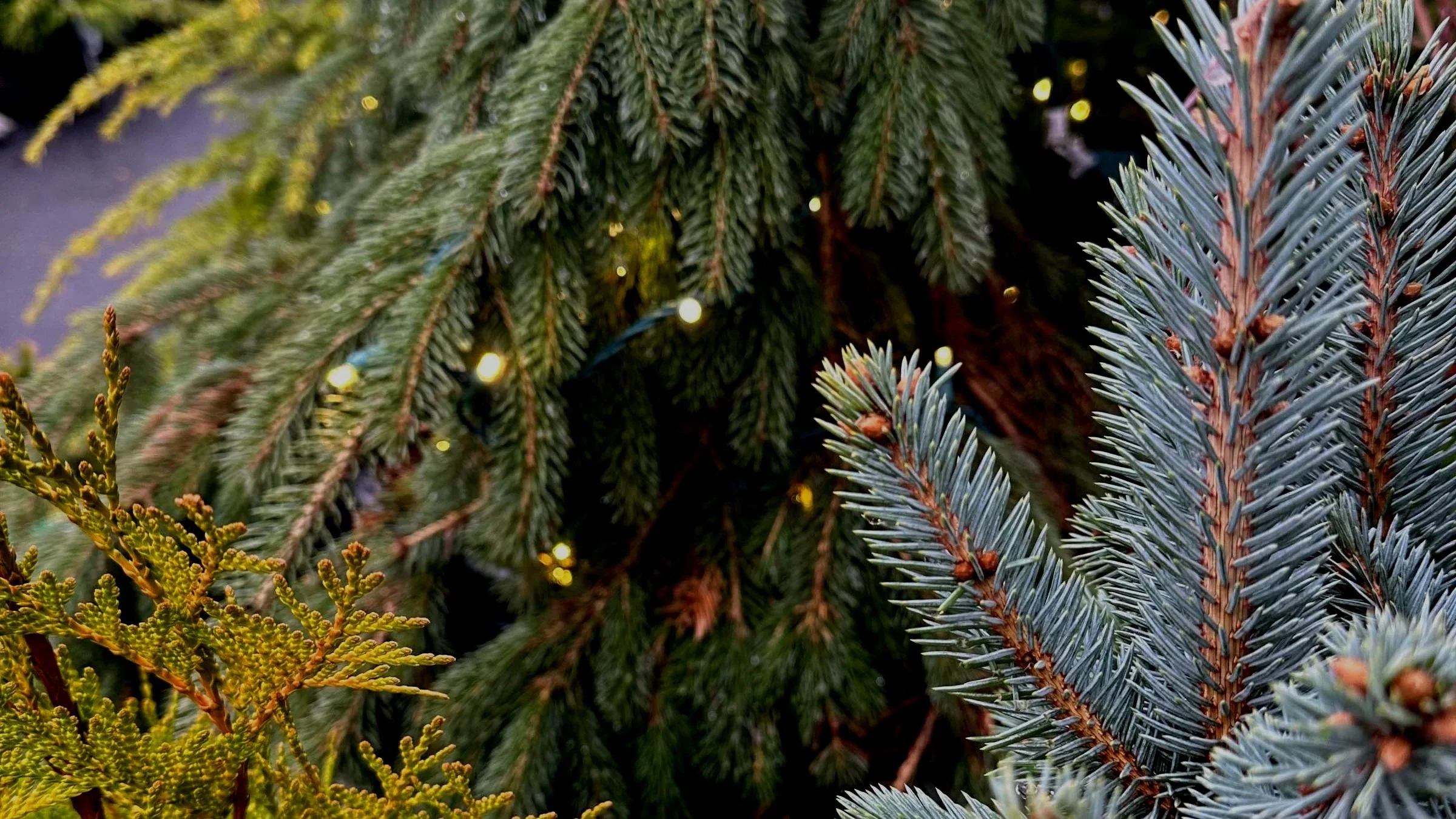I realize that for many of you I am probably preaching to the choir, but for the rest of the world it never hurts to remind them that plants (next to dogs perhaps) are man’s best friend. We simply would not exist if it weren’t for plants. Plants provide food for our bodies, materials for our shelters and release oxygen into the atmosphere that we need to breathe. Arguably even more important than all of these reasons is the roll they play with our mental health.
When we are surrounded by plants we tend to be more productive, more creative, and more civil. We can actually heal faster, our nerves can be calmer and we can be happier. Plants do all of this without us even being aware that it is happening. The really sad part is that because we don’t recognize the value of plants we don’t make them a priority when it comes to budgets. Landscape maintenance for parks and schools or even businesses is the first to be cut when money is tight. Over the last 30 years I have watched our schools cut down all their trees, then remove all the shrubs until all that is left is an ugly lawn. It’s depressing for me to drive by them and it certainly must be depressing for both the students and the teachers. Year after year, fire, police, and roads get top billing and plants are considered nonessential. Yet studies show that neighborhoods and parks with attractive landscapes have less vandalism (and I might add higher property values), prisons that have nice plantings have less fighting, and schools that have pleasing grounds have higher test scores. We may not understand how this happens but it is important that we recognize these benefits and make it a priority to do what we can to increase them. Maybe instead of hiring an additional policeman we could hire an extra grounds maintenance person and get the same societal benefit.
Ever heard of Sick Building Syndrome? Researchers have found that in buildings where there are no plants workers are sick more often and productivity is reduced. While we know that plants will filter pollutants such as benzene and absorb excess carbon dioxide while releasing oxygen, all of which will keep us healthier, they also have a psychological effect that is much harder to quantify but nevertheless evident. And what about Nature Deficit Disorder? This is a term coined by Richard Louv in his 2005 book Last Child in the Woods in which he hypothesizes that children are developing behavioral problems because of a loss of connection to nature. Again, this is something that may be hard to prove but to gardeners that live and work around plants all the time, it is no great surprise. Plants keep us sane in so many ways.
In 1984, Harvard biologist Dr. Ed Wilson named our natural human affinity for nature, “Biophilia”. We have an intuitive and deeply ingrained attraction to nature, a biological need for contact with the natural world. Architects have taken this concept and developed “biophilic designs” that incorporate plants into both the indoor and exterior grounds of buildings for the purpose of making them healthier and more productive environments.
Finally, if you still don’t buy the concept that plants are essential to our wellbeing then Google “Forest Bathing” or Shinrin-yoku as it is known in Japan. Like Yoga was 30 years ago, this is the latest trend to sweep western society and is further proof of the necessity of surrounding ourselves with plants. All the evidence is there. Believe it!


